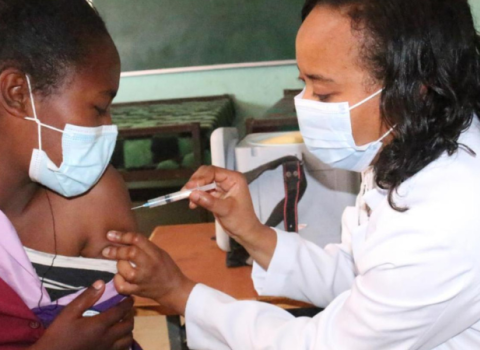
“We have tried to improve the properties of lactic acid bacteria by modifying molecules on the surface that interact with the human immune system,” said Bruno Pot, director of ecosystem bacteriology at the Institut Pasteur de Lille. “The medical importance of this approach is huge, as we are talking about a treatment, and or the prevention of disease by lactic acid bacteria, a food grade medicine with no negative effects at all.”
Conventional lactic acid bacteria strains are believed to function as immunomodulators, which can boost the immune system or reduce inflammatory conditions, though Pot said the mechanism of action is not clear.
The researchers focused on modification to the bacterial cell wall as the first bacterial component to interact with the immune system. They created cell wall mutants in two specific strains, Lactobacillus plantarum and Lactococcus lactis. Studies revealed that at least two of the emerging strains had favourable immunomodulatory profile in comparison to the unmodified strains.
Developed under the European Commission-funded Life Quality programme, the project’s patent is shared between Institut Pasteur Lille and the Catholic University of Louvain, Belgium. The genetically modified strains were generated in Belgium, while the performance of the bacteria was evaluated in Institut Pasteur Lille’s laboratory in France.





 A unique international forum for public research organisations and companies to connect their external engagement with strategic interests around their R&D system.
A unique international forum for public research organisations and companies to connect their external engagement with strategic interests around their R&D system.